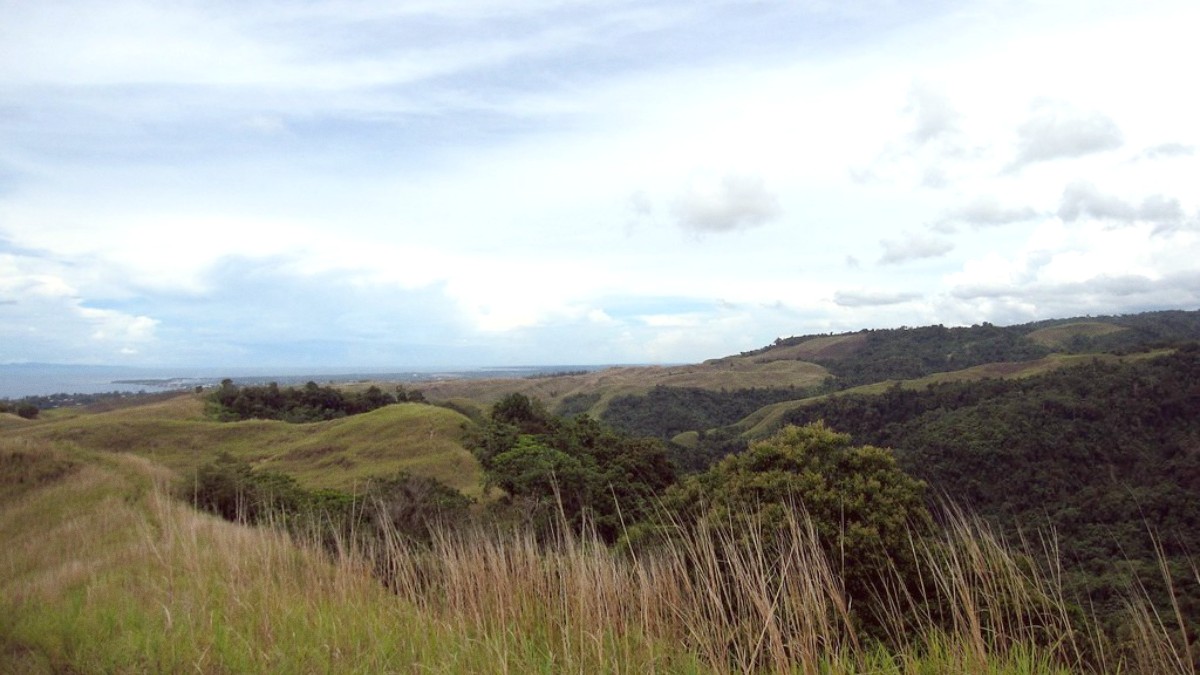
Solomon Islands
Honiara experiences a tropical monsoon climate, marked by consistent warmth and high humidity year-round. This climate defines two distinct seasons, each offering a different travel experience.
The dry season (May through October) offers less rainfall and more sunny days. The wet season (November to April) sees significant rainfall, showers often heavy but typically brief, interspersed with periods of sunshine.
Most tourists find the process straightforward. Citizens from many countries, including the United States, United Kingdom, Australia, New Zealand, Canada, and EU member states, receive a visa on arrival. This visa allows stays up to 90 days for tourism. No prior application is necessary for these nationalities. For other nations or longer stays, a pre-arranged visa is necessary.
Travelers can explore visa options through services like IVisa or VisaHQ.
Have these ready on arrival
Valid for at least six months beyond departure date.
Proof of departure and sufficient funds for your stay.
Standard tourist activities
Beyond standard visa requirements for non-exempt nationalities.
Not required for standard tourist activities. Local arrangements might be necessary for tribal lands.
Check global health advisories
Certificate needed if arriving from a risk country.
Generally, no mandatory vaccinations for entry otherwise.
The official currency is the Solomon Islands Dollar (SBD). Australian Dollars (AUD) are widely accepted and exchanged. ATMs exist in Honiara (ANZ, BSP, Westpac). Major credit cards are accepted at larger hotels and businesses; cash is preferred elsewhere.
Tipping is not customary or expected. A small tip for exceptional service might be appreciated, but it is not mandatory.
Approx. USD 35-70 per day. Basic guesthouses, local markets.
Approx. USD 70-180 per day. Mid-range hotels, local restaurants, some tours.
Approx. USD 180+ per day. High-end resorts, fine dining, private transfers.
SBD 20-35.
SBD 10-15. Find bottled water options on Amazon.
Awareness of local conditions and preparedness helps mitigate common risks.
Consult your healthcare professional for recommended vaccinations: routine, Hepatitis A & B, Typhoid. Rabies may be for high-risk activities.
The National Referral Hospital (NRH) in Honiara is the main public hospital, but facilities are basic compared to Western standards.
Within Honiara, transport costs vary. Taxis generally are more expensive than public options.
Further tips for a smoother experience in Honiara.
Tropical cyclones and depressions can affect the Solomon Islands, notably during the wet season (November to April).
If planning a trip during these months, monitor local weather forecasts and be aware of any warnings. These storms cause heavy rain, strong winds, and localized flooding, potentially disrupting travel.
Temperatures remain warm, consistently averaging 25-30°C (77-86°F) year-round, with little variation between seasons. Humidity remains high.
Dry Season: May through October, generally calmer seas.
Wet Season: November to April, frequent heavy rainfall.
When arriving at Honiara International Airport (HIR), travellers need a valid passport, return or onward air ticket, proof of sufficient funds, and accommodation booking.
Passport valid for at least six months beyond departure.
Yellow Fever certificate if arriving from a risk country.
The Solomon Islands Dollar (SBD) is the official currency. Australian Dollars (AUD) are widely accepted and easily exchanged.
ATMs are available at major banks in Honiara.
Credit cards are accepted at larger hotels and businesses, cash elsewhere.
| Category | Contact | Notes |
|---|---|---|
| Police, Fire, Ambulance | 999 | Throughout the Solomon Islands. |
| US Consular Assistance | US Embassy, Port Moresby, PNG | Accredited to the Solomon Islands. Keep contact information handy. |
| Travel Registration | Your Country's Embassy/Consulate | Register travel plans for assistance in emergencies. |